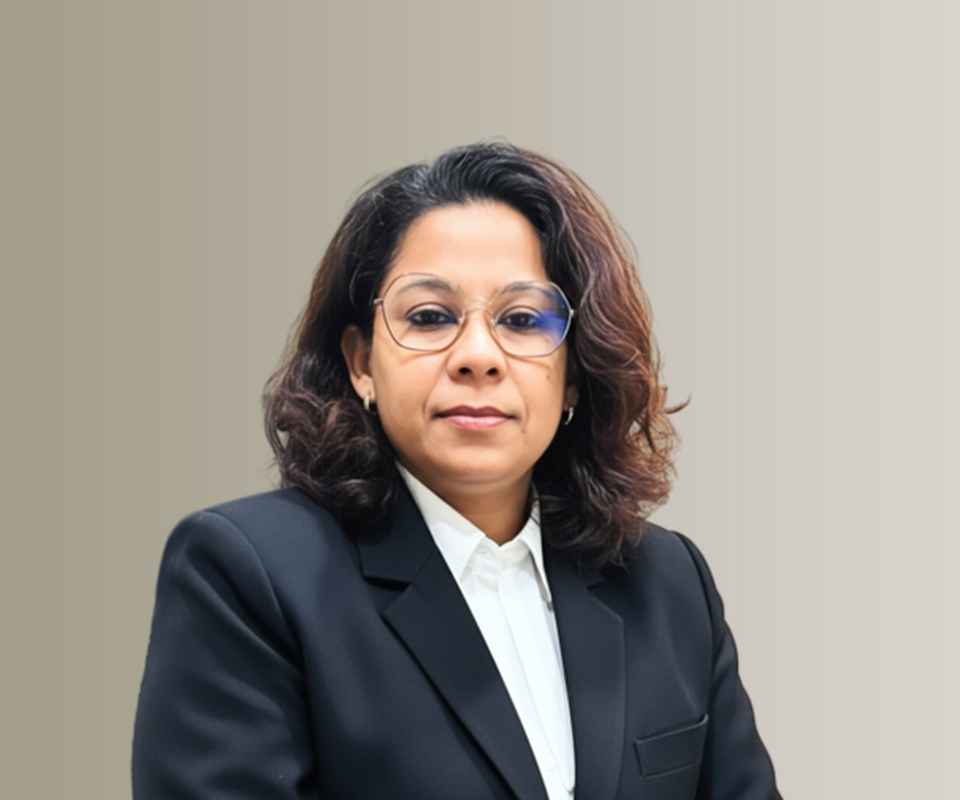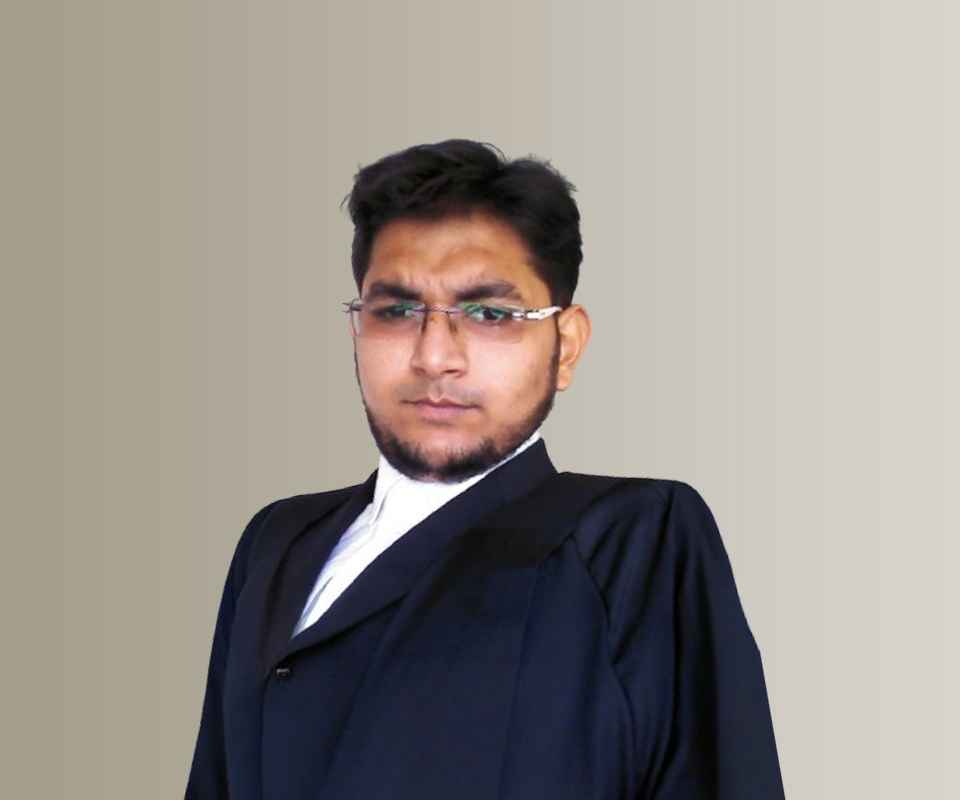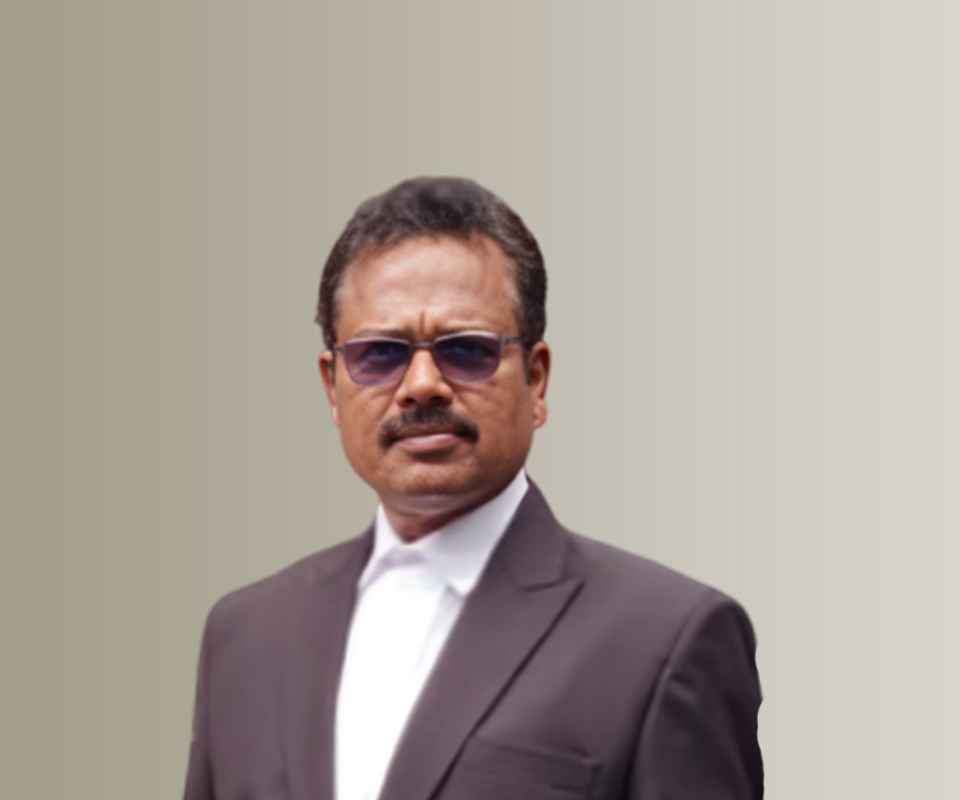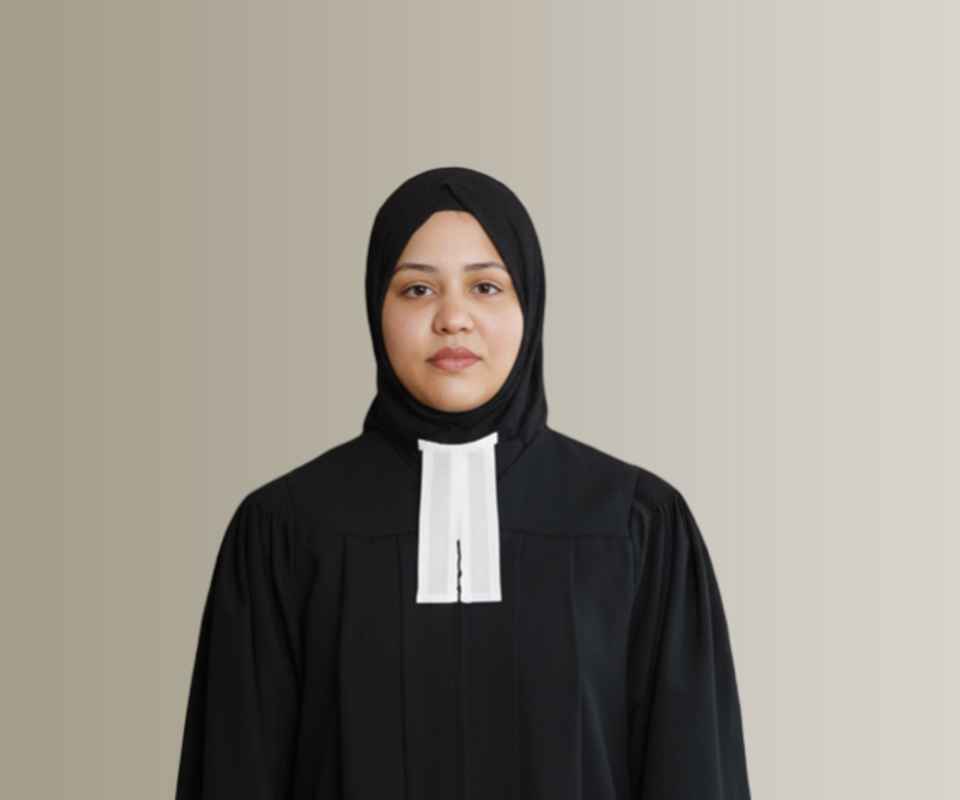Answer By law4u team
An executor is a person appointed by a testator (the person who makes the will) to carry out the directions in the will after the testator’s death. The role of the executor is crucial as they are responsible for ensuring that the will is executed according to the wishes of the deceased and in compliance with the law. The executor is entrusted with a range of responsibilities under the Indian Succession Act, 1925, to ensure that the testator's estate is properly managed, debts are paid, and assets are distributed to beneficiaries.
Duties of an Executor
Obtain Probate of the Will
One of the first duties of an executor is to apply for the probate of the will. Probate is a legal document issued by a court that confirms the validity of the will. The executor is responsible for filing the application in the appropriate court, submitting the original will, and proving the authenticity of the will. Probate is necessary for executing the will and distributing the assets as per the testator’s wishes.
Example: After the death of Mr. A, his appointed executor applies for probate in court, presenting the will to prove that Mr. A’s last wishes should be legally followed.
Identify and Collect the Deceased’s Assets
The executor must identify and take control of the assets of the deceased. This includes real estate, bank accounts, investments, personal property, and any other assets mentioned in the will. The executor needs to safeguard these assets until they can be properly distributed according to the will.
Example: If Mr. A owned several properties, bank accounts, and stocks, the executor would make sure all of them are identified, secured, and inventoried.
Pay the Debts and Expenses of the Estate
The executor is responsible for paying off any outstanding debts, bills, and expenses that the deceased owed. This may include funeral expenses, taxes, and other liabilities. The executor may need to apply for a legal heir certificate or other documents to settle these debts.
Example: If Mr. A had an outstanding loan or unpaid medical bills, the executor would ensure that the debts are paid from the estate before distributing any assets to the beneficiaries.
Distribute the Assets to Beneficiaries
Once all debts, taxes, and expenses are settled, the executor is responsible for distributing the remaining assets to the beneficiaries as outlined in the will. This includes ensuring that each beneficiary receives their designated share of the estate in accordance with the testator’s wishes.
Example: If Mr. A’s will specified that his son should receive a house and his daughter should receive financial assets, the executor ensures that this distribution happens accordingly.
File Tax Returns
The executor is required to file any necessary tax returns for the deceased. This includes income tax returns for the year of death, as well as estate taxes, if applicable. The executor is also responsible for ensuring that the estate complies with all legal tax obligations.
Example: If Mr. A’s estate has a large income in the year of his death, the executor would file the relevant tax returns on behalf of the estate.
Maintain Proper Records
The executor must keep detailed records of all transactions, communications, and actions taken during the administration of the estate. This includes receipts, bank statements, and a ledger of debts paid and assets distributed. Proper record-keeping is important for both legal and financial transparency and is required if there are any disputes or questions about the handling of the estate.
Example: The executor of Mr. A’s estate maintains a record of all asset sales, debt payments, and distribution of funds to the beneficiaries.
Ensure Proper Legal Compliance
The executor must act in the best interest of the estate and comply with all legal requirements under the Indian Succession Act. This includes notifying beneficiaries, creditors, and any relevant parties about the death of the testator, and ensuring that the distribution follows the legal process as prescribed in the will.
Example: If Mr. A’s will requires the sale of certain properties, the executor must ensure that the sale is done legally and that the proceeds are distributed according to the will.
Handling Disputes and Claims
If any disputes arise regarding the will or the distribution of assets, it is the executor’s responsibility to mediate and ensure that the estate is administered fairly. The executor may need to resolve issues among beneficiaries, challenge or defend claims, and, if necessary, seek the assistance of a court.
Example: If one of Mr. A’s children claims they were unfairly excluded from the will, the executor would need to resolve the dispute, possibly through legal channels.
Safeguard the Will
Until probate is granted, the executor must ensure that the original will is kept safe. They must prevent the will from being altered, destroyed, or misplaced. This responsibility ensures that the testator’s intentions are preserved.
Example: The executor of Mr. A’s will must store the original will in a secure place, such as a bank vault, until it can be submitted to the court for probate.
Provide a Final Account to Beneficiaries
Once the estate has been fully administered, the executor is required to provide a detailed accounting to the beneficiaries. This report will include information about assets, debts, expenses, and how the estate has been distributed. This ensures transparency and helps in resolving any potential disputes.
Example: After distributing all assets, the executor of Mr. A’s estate provides a final account to the beneficiaries, outlining all transactions and distributions.
Example
Case 1:
Mr. B passed away, and his appointed executor, Mr. C, takes the following steps:
- Applies for probate of the will.
- Identifies Mr. B’s property, including bank accounts and investments.
- Pays Mr. B’s debts and funeral expenses from the estate.
- Distributes the assets to Mr. B’s children as outlined in the will.
Case 2:
Ms. D, the executor of her late mother’s estate, faces a legal dispute when her brother contests the will. Ms. D must handle the dispute, possibly by seeking legal counsel, while ensuring that the will is followed, provided it is legally valid.
Conclusion
The role of the executor is critical in the administration of a will. Executors are responsible for managing the estate, ensuring debts are paid, assets are distributed according to the testator’s wishes, and all legal requirements are fulfilled. Executors must act in the best interests of the estate and beneficiaries, maintain transparency, and ensure that the process complies with the law. Executors also play a key role in resolving any disputes and ensuring the proper settlement of the estate after the testator’s death.







